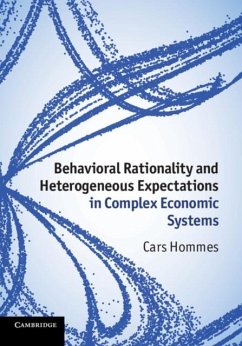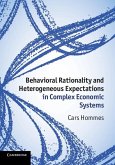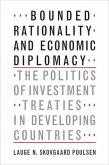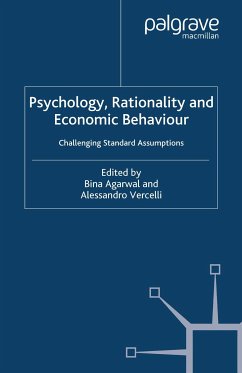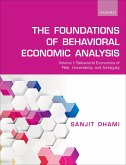Recognising that the economy is a complex system with boundedly rational interacting agents, the book presents a theory of behavioral rationality and heterogeneous expectations in complex economic systems and confronts the nonlinear dynamic models with empirical stylized facts and laboratory experiments. The complexity modeling paradigm has been strongly advocated since the late 1980s by some economists and by multidisciplinary scientists from various fields, such as physics, computer science and biology. More recently the complexity view has also drawn the attention of policy makers, who are faced with complex phenomena, irregular fluctuations and sudden, unpredictable market transitions. The complexity tools - bifurcations, chaos, multiple equilibria - discussed in this book will help students, researchers and policy makers to build more realistic behavioral models with heterogeneous expectations to describe financial market movements and macro-economic fluctuations, in order to better manage crises in a complex global economy.
Dieser Download kann aus rechtlichen Gründen nur mit Rechnungsadresse in A, B, BG, CY, CZ, D, DK, EW, E, FIN, F, GR, HR, H, IRL, I, LT, L, LR, M, NL, PL, P, R, S, SLO, SK ausgeliefert werden.

